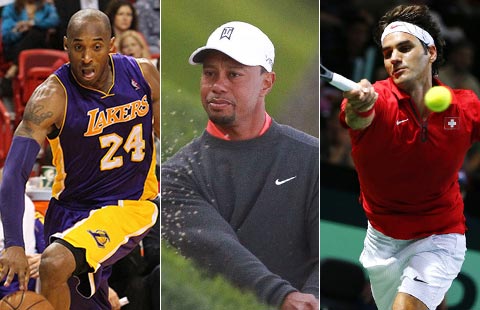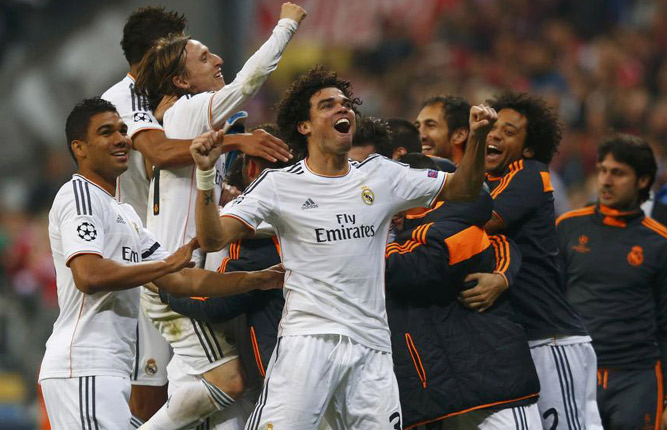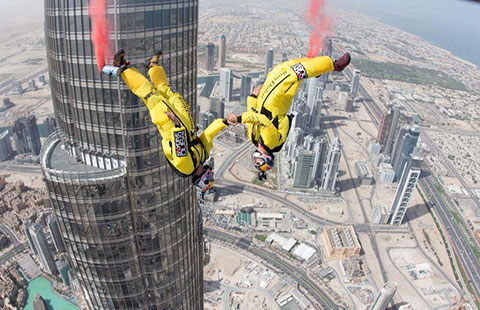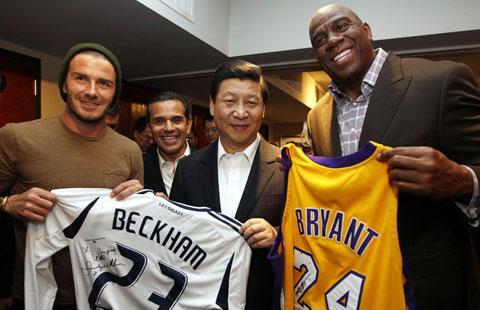NBA panel agrees to act swiftly on bid to oust Clippers owner
(Agencies) Updated: 2014-05-03 12:02Collision coursse seen
Sterling, who bought the Clippers in 1981 for $13 million when the team was based in San Diego, has not indicated whether he would relinquish ownership without putting up a fight.
Experts have estimated that the franchise, which moved to Los Angeles in 1984, could now be worth as much as $1 billion, posing an enormous potential capital gains tax liability on Sterling if he were to sell the team.
A number of legal scholars and sports business analysts have said they expect Sterling and the NBA to be on a collision course that will be fought out in court.
"The guy has a reputation for being highly litigious. I just can't possibly imagine him rolling over and handing the team over and not fighting back," said Adam Schlatner, a sports business attorney and commercial litigator.
Schlatner, who handles legal matters for the National Hockey League's New York Islanders' owner Charles Wang and has had dealings with clients involving the NBA, said the league might consider allowing Sterling to sell the team himself by a prescribed deadline.
But he predicted that, one way or another, Sterling would end up severed from the Clippers and would realize that "the franchise would not be economically viable if he continues to own it."
The scandal sparked outrage from fans and players, and numerous commercial sponsors pulled their support from the team before and after the NBA moved to expel Sterling.
Sterling was banned from any further ties with his team or professional basketball, and stripped of his seat on the NBA governing board, days after two websites released audio recordings in which a voice said to be Sterling's is heard criticizing a female friend for "associating with black people."
Silver said Tuesday that Sterling has acknowledged to the NBA that the recording was authentic but did not apologize.
The sale of the Clippers could take weeks. According to NBA bylaws, Silver must present Sterling a written copy of any allegations justifying a forced sale within three days, and Sterling would have five days to answer.
A special hearing of the Board of Governors, consisting of all the owners, would then be held on a date no more than 10 days after Sterling's reply.
The prospect of Sterling's ouster led several luminaries of sports and show business to signal interest in buying the team. Among them were talk show host turned media mogul Oprah Winfrey, Hollywood executive David Geffen, computer technology titan Larry Ellison, former Los Angeles Lakers star Earvin "Magic" Johnson and boxing promoter Oscar De La Hoya.
- Ties broken for NBA draft 2014 order of selection
- Let the (real) games begin: It's now NBA playoff time
- Lebron James ends season atop NBA's most popular jerseys list
- Rockets' 11-game home winning streak snapped by Clippers
- Record-setting Korver leads Hawks to win over Clippers
- Record-setting Korver leads Hawks to win over Clippers
- Rockets loses to Clippers, again, at home court
- Clippers shoot down Rockets
- Chained rape victim escaped using nail clippers








